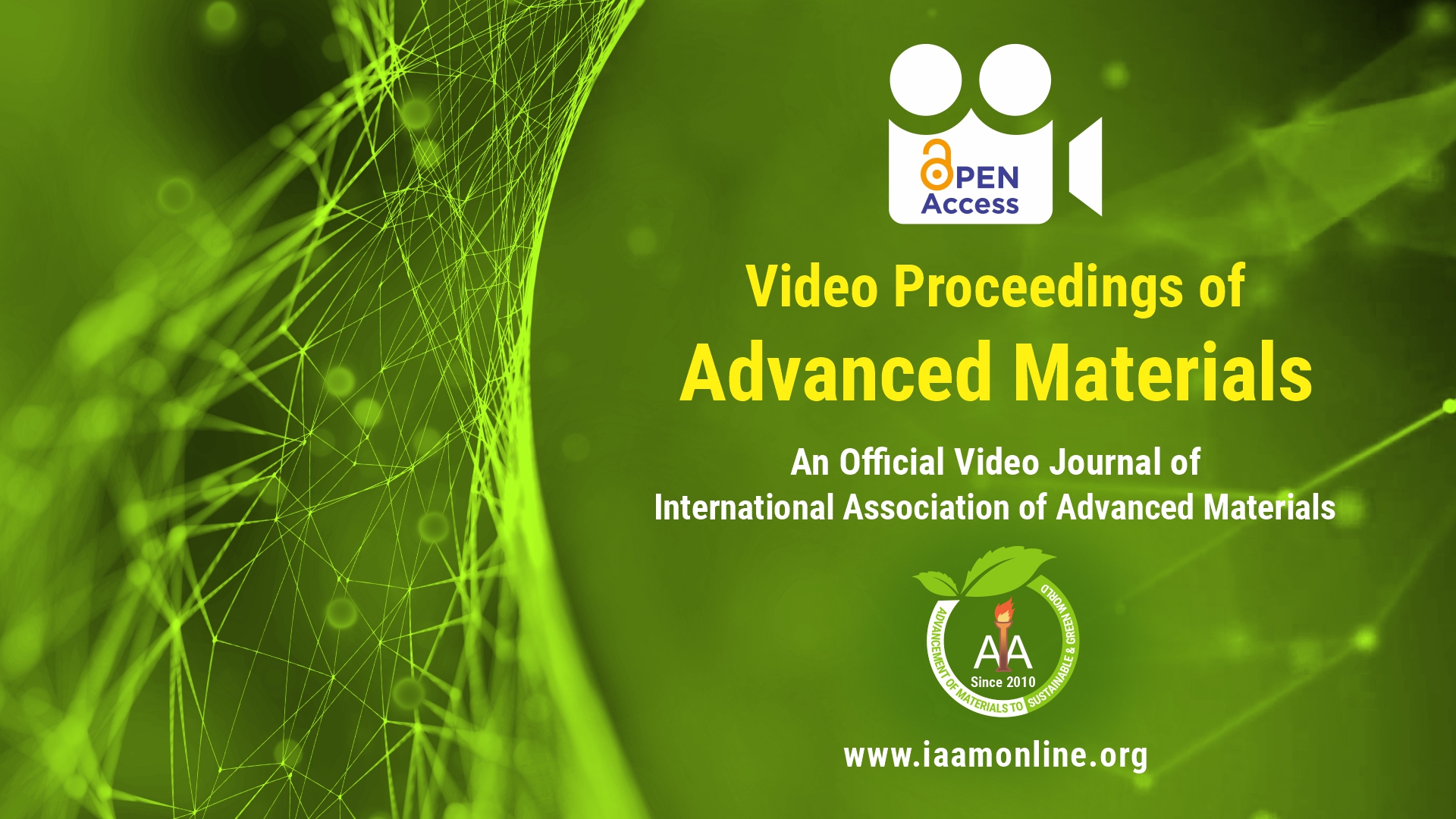Abstract
Engineered materials that integrate advances in polymer chemistry, nanotechnology, and biological sciences have the potential to create powerful medical therapies. Dr. Khademhosseini’s large and interdisciplinary group is interested in developing ‘personalized’ solutions that utilize micro- and nanoscale technolgoies to enable a range of therapies for organ failure, cardiovascular disease and cancer. In enabling this vision, he works closely with clinicians (including interventional radiologists, cardiologists and surgeons). For example, he has developed numerous techniques in controlling the behavior of patient-derived cells to engineer artificial tissues and cell-based therapies. His group also aims to engineer tissue regenerative therapeutics using water-containing polymer networks called hydrogels that can regulate cell behavior. Specifically, he has developed photo-cross linkable hybrid hydrogels that combine natural biomolecules with nanoparticles to regulate the chemical, biological, mechanical and electrical properties of gels. These functional scaffolds induce the differentiation of stem cells to desired cell types and direct the formation of vascularized heart or bone tissues. Since tissue function is highly dependent on architecture, he has also used microfabrication methods, such as microfluidics, photolithography, bioprinting, and molding, to regulate the architecture of these materials. He has employed these strategies to generate miniaturized tissues. To create tissue complexity, he has also developed directed assembly techniques to compile small tissue modules into larger constructs. It is anticipated that such approaches will lead to the development of next-generation regenerative therapeutics and biomedical devices.
Biography
Ali Khademhosseini is the Levi Knight Professor of Bioengineering, Chemical Engineering and Radiology at the University of California-Los Angeles (UCLA). He is the Founding Director of the Center for Minimally Invasive Therapeutics at UCLA as well as an Associate Director of the California NanoSystems Institute. In addition, he is an eminent scholar at Konkuk University in Korea, as well as Adjunct Professor at King Abdulaziz University in Saudi Arabia. He joined UCLA starting Nov. 2017 from Harvard University where he was Professor at Harvard Medical School (HMS) and faculty at the Harvard-MIT’s Division of Health Sciences and Technology (HST), Brigham and Women’s Hospital (BWH) and as well as associate faculty at the Wyss Institute for Biologically Inspired Engineering. At Harvard University, he directed the Biomaterials Innovation Research Center (BIRC) a leading initiative in making engineered biomedical materials. His research is based on developing micro- and nanoscale biomaterials to control cellular behavior with particular emphasis in developing engineered materials and systems for tissue engineering. He is also developing organ on a chip system that aim to mimic human response to various chemicals in vitro. In addition, his laboratory is developing technologies to control the formation of vascularized tissues with appropriate microarchitectures as well as regulating stem cell differentiation within micro engineered systems. He has edited multiple books / journal special issues and is an author on ~550 journal articles, ~50 book chapters/editorials, over 200 abstracts, and 20 patent/disclosure applications. His work has been published in leading journals and routinely highlighted in international media. He has been cited ~41,000 times and has an H-index of 104. Also, he has given over 250 invited seminars and keynote lectures.
Video Proceedings of Advanced Materials

Upcoming Congress



